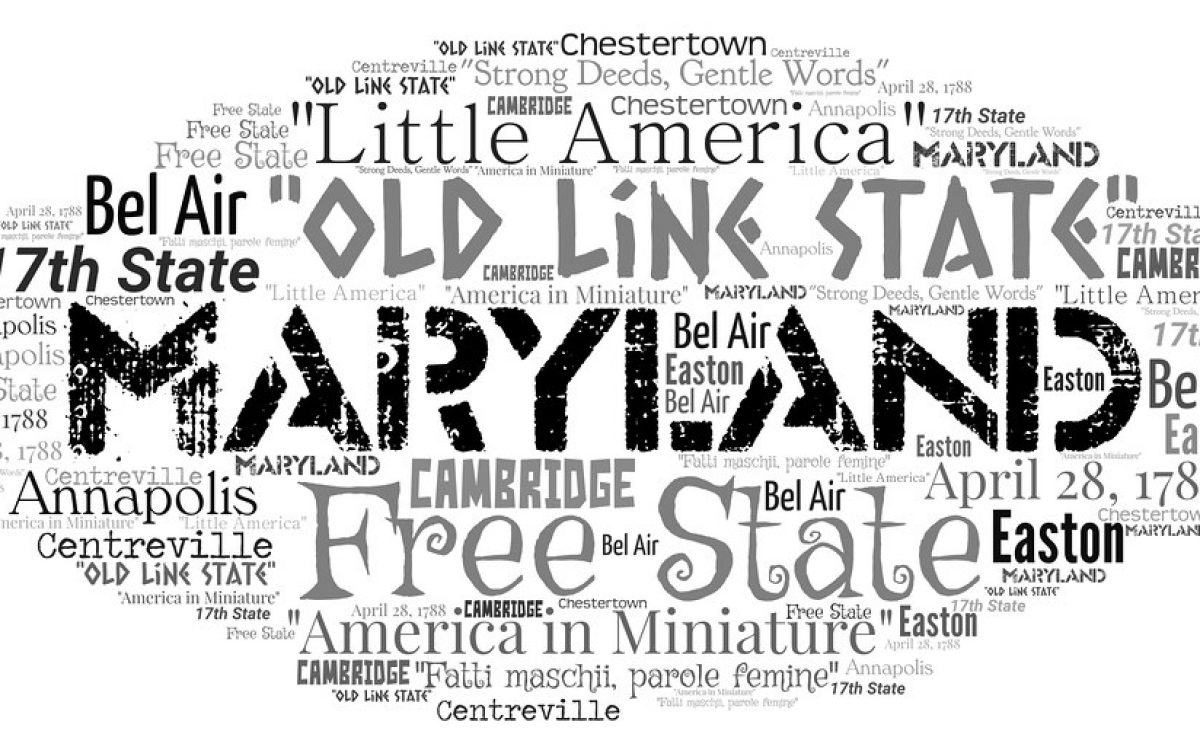On May 7, 2020, Maryland joined states such as Connecticut, Louisiana, New Jersey, Oklahoma, and Wisconsin, to enact an elective pass-through entity tax to circumvent the $10,000 state and local tax (SALT) cap. While the IRS rendered other state and local tax workarounds ineffective, such as the state charitable deduction. The adoption of a state level pass-through entity tax (PET) results in the imposition of the income tax at the entity level. A PET also allows the business entity to claim the state tax deduction on a federal income tax return, which is not subject to the Tax Cuts and Jobs Act $10,000 limitation placed on individuals.
Currently, the IRS has not issued guidance limiting the use of the pass-through entity tax as workarounds. This being the case, there are certain elements to a state PET that may lead to the same IRS denial as charitable deductions:
- The expansion of the PET to income of residents is elective;
- Different tax rates apply, depending on the type of taxpayers that own the pass-through entity (i.e. individual or corporate);
- The PET does not apply to any portion of income attributable to a member that is also a pass-through entity;
- Non-resident individuals and corporations that own a pass-through entity that makes the PET election still have a filing obligation, even if the owner has no other Maryland source income; and
- Individual and corporate owners of a pass-through entity that makes the PET election are required to claim a credit for the tax paid by the pass-through entity instead of an income back out.
Putting aside the IRS taking aim at State PETS, Maryland together with the other states will continue to use it as a viable workaround for SALT.
